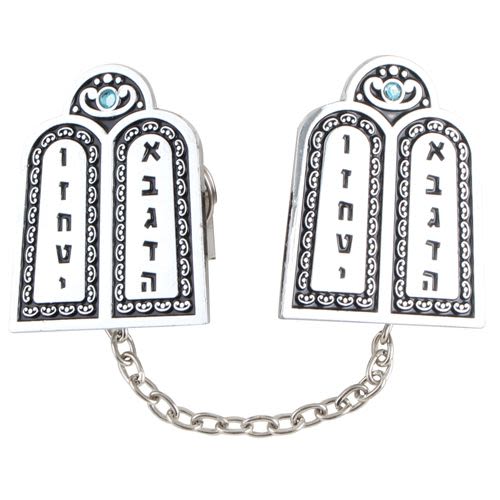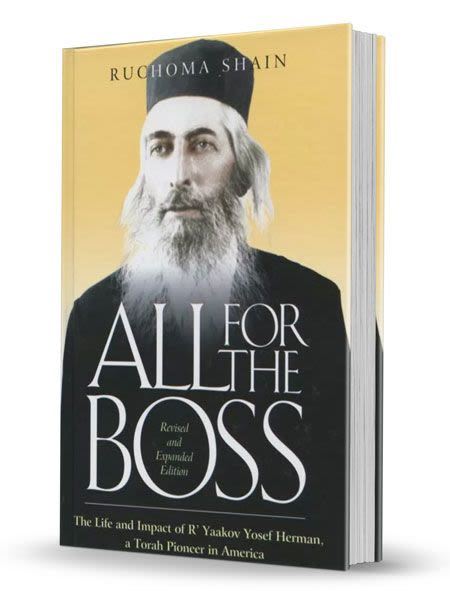
Time After Time
Emuna is not just a concept. It is something we grapple with all our lives. Every time we miss the bus, lose our phone, or catch a cold we are supposed to utilize our emuna...

No matter how much emuna we have, we will always need more. This is because God wants us to gain ever greater amounts of faith, each expanding his own capacity. Like the Jews awaiting the manna from heaven, every new day brings us opportunities to increase our emuna.
Some of those days will throw you a curve ball. Some of those curve balls will smack you right between the eyes.
I’ve learned that each new test that comes my way will find me lacking. How is it that I can be short on emuna when I need it the most?
The answer is that each test comes to facilitate our climb to the next spiritual level. If you already have all the emuna you need then there is little to be gained from your suffering.
In my work as a Bereavement Counselor, I have witnessed many people coping with the loss of a loved one. There are stages that a bereaved person needs to go through (often several times) in order to move on from personal devastation to rebuilding a new life.
When Hashem sends us a difficult test, it is in a sense, a mini-death of the life we had before it. Expecting to jump immediately into serene acceptance and complete faith is a tall order and not possible for most of us.
The reason I dislike many modern books about the righteous or true stories meant to inspire, is the way the protagonist is depicted. The person undergoing the challenge never seems to vacillate between  emotions, never seems to grapple with her faith, never gets upset with God and never despairs. It’s hard for normal people to relate to that.
emotions, never seems to grapple with her faith, never gets upset with God and never despairs. It’s hard for normal people to relate to that.
I remember reading a book about Rabbi Akiva’s wife, Rachel, many years ago. Rachel encouraged her husband Akiva, who lacked a Jewish education, to go far away and learn Torah. He was gone for twenty-four years and returned as one of the greatest Talmudic scholars of all times. Their enormous sacrifice had paid off and Rabbi Akiva publicly credited Rachel for all he had accomplished. It’s an incredible story and it inspires us all to make sacrifices for Torah. But what I could not appreciate was that (according to this book) Rachel never once complained. She never expressed loneliness or frustration. She raised her little children by herself with no money and no help. She was described by the writer as being happy and cheerful always. Rachel never needed a word of comfort, a night out, a big hug, or a stiff drink.
Well I don’t buy it. I believe that Rachel was definitely a spiritual giant but I also believe she was a human being. And I bet she suffered plenty and had some very dark days. If not, then what was the big sacrifice that earned her such an awesome reward? Why would her husband declare that all his Torah and the Torah of his students belonged to her? If it was no big deal then what was the big deal?
Emuna is not just a concept. It is something we grapple with all our lives. Every time we miss the bus, lose our phone, or catch a cold we are supposed to utilize our emuna. All the more so when someone faces serious illness, loses a lot of money or waits for years to be blessed with a child. These kinds of challenges can rattle us to the core. And that’s where the test begins.
When I first began learning Chumash (the Bible) I was struck by the fact that our holy ancestors made some big mistakes. I remember reading the story of creation with the indignation of the newly religious, “What is this! Eve had everything she could possibly want and didn’t resist the forbidden fruit? If I was her, I would have controlled myself!”
Now I think I would’ve eaten the fruit even sooner than Eve did and probably gone back for seconds.
I now believe that almost every test the Jews failed, both in the desert and beyond, I would have failed too. But that’s what gives us the chutzpa to reach for such spiritual heights. If the very highest people succumbed to lust and fear and greed and anger, then there is hope for us yet! Our holy forefathers sinned and repented and were closer to God than we can ever imagine! This is the true inspiration!
We aren’t expected to be less than human during trying times, we aren’t expected to be stoic in the face of heartache and we aren’t expected to be perfect in our faith. We are obligated to accept our negative emotions, to manage them and ultimately to transform them into emunah. This is the way to elevate ourselves and give meaning to our tribulations. As we go through life we do this over and over again.
Tests of faith can be crushingly painful and lonely and can give rise to self-pity and even complaints against God. And God knows that. He understands that acquiring faith is a lifelong quest and He is rooting for us. Again and again we may thrash about in a whirlpool of emotions but with God’s help we can pull ourselves out and face the truth. But first we have to be humble enough to own up to the struggle. Time after time.












5/04/2017
Great article – thank you!
5/04/2017
5/03/2017
Thank-you for your inspiring words, about how to keep going with hope and faith in all of our grueli